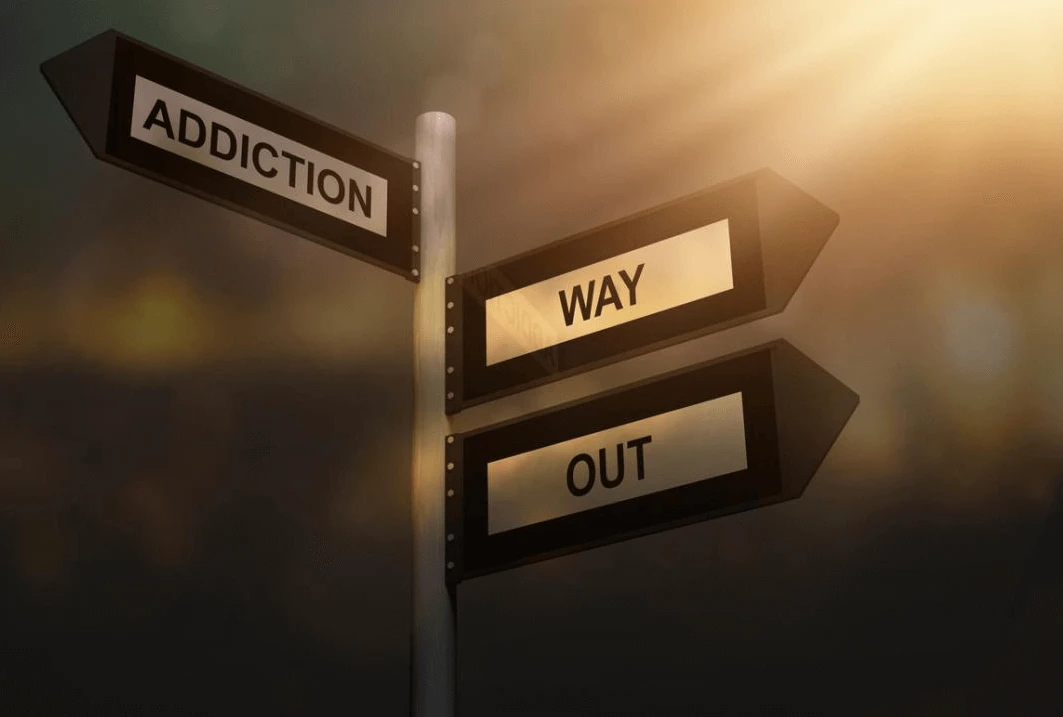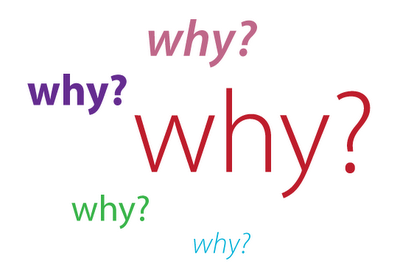Sex Addiction
Are you struggling with excessive viewing of pornography and/or a sex addiction?
At San Jose Counseling, we utilize proven strategies to help you recover from compulsive sexual behaviors. Sexual addiction, also referred to as “hypersexual disorder,” “compulsive sexual behavior,” and “problematic sexual behavior,” is a maladaptive preoccupation with sex, sometimes entailing the frantic hunt for non-intimate encounters of a sexual nature, such as, but not limited to: anonymous sex, pornography, solicitation of escorts or prostitutes, affairs and compulsive masturbation. This sequence of longings, fantasies and manners of conduct endures for a span of at least six months (Weiss, 2015), regardless of the following:
- Efforts made to resolve the problematic sexual behavior
- Pledges/vows made to others or self to modify the sexual behavior
- Substantial negative consequences such as contracting diseases, experiencing relationship volatility, legal problems, emotional disturbance and career challenges
To put it simply, sex addiction is a continuous, chaotic sequence of compulsive sexual fantasies and deeds that has life-damaging consequences in the addicts’ life (Weiss, 2015). If you are acting out sexually and your behavior has resulted in health complications (psychological and/or physical), job loss and financial problems, relationships being strained or broken or more serious consequences such as being involved in litigations over inappropriate and illegal behaviors then you are most likely struggling with sex addiction. You can find valuable information about how San Jose Counseling can help you recover from sexual addiction. Click for easy access to:
- Sex Addiction Assessment
- Take the Test
- Sex Addiction Counseling
- EMDR for Sex Addiction Recovery
- Success at San Jose Counseling
- Why is a Person Sex Addicted
- Dangers of Sex Addiction
- Love Addiction
If you would like to get help with your sex addiction please click here to schedule a FREE consultation; we have offices conveniently located in San Jose California.
If you are interested in hearing more about Dr. Invia's approach to treating sex addiction, then please visit the Media page and watch the video titled Beyond Theory Podcast where Dr. Invia discusses Addiction and Isolation.
Sexual Addiction Assessment
According to the International Institute for Trauma and Addiction Professionals (IITAP), the Sexual Dependency Inventory (SDI) 4.0 is a collection of assessments arranged into one organized report.
Moreover, the SDI collects information on numerous features of problematic sexual behavior including typical “patterns of consequences, evolution and timing of behavior and thought patterns,” as well as the level of desire for therapy. Data is also gathered and assessed on drug use, masturbation, paraphilias, and conduct surrounding the use of the internet. The results depicted within the SDI are particularly significant for therapists when determining a treatment plan for their patients. Acquiring a series of data that is summarized in one report, which focuses on 144 distinctive sexual behaviors, is critical when it comes to the treatment of a complex process addiction like sex addiction.
Sexual addiction does not start as an addiction; it works as a progression. Like any other addictive behavior, it starts with seeking sexual experiences that increase in intensity over a period of time. This leads to unmanageability, and ultimately, addiction.
A common misconception among sex addicts is that the problem will go away on its own. They will often rationalize and justify to themselves that, “This is my only opportunity… I will never get a chance like this again…this is the last time that I am going to…” but experience and research shows that if they do not seek professional help, then they will return to the same sexual situations, in spite of previous vows to change.
Only mental health professionals who are certified in sex addiction therapy (CSAT) have the knowledge and experience to diagnose sex addiction (primarily through the SDI mentioned earlier). However, there are “red flags” that can indicate the presence of sexual addiction. The following is a list of common attributes of a sex addict. Please note that behaviors are not limited to the list below.
Individuals who recognize any of these patterns in their own life, or the life of someone close to them, should seek professional help:

- Obsession over sex to the point where it intrudes your daily routine or hinders your ability to maintain your job and relationships
- Practicing unprotected anonymous sex on an ongoing basis
- Going into and remaining in debt for the purpose of obtaining sex with prostitutes. This may also include subscriptions to pornographic Web portals or “sex chats”
- Looking for sex in public places, including public bathrooms
- “Cruising” down the streets but calling it “people watching”
- Having sex in dangerous places
- Excessive and compulsive masturbation (3-25 times per day or week)
- A dependence on sexually explicit material in order to become aroused and/or to reach orgasm
- Persistent pursuit of self-destructive behavior. A common rationalization is, “I’ll deal with the consequences when I experience them.”
- Ongoing endeavor to set barriers to sexual behavior such as moving to a new neighborhood, getting married or even starving themselves sexually, a condition Dr. Carnes calls “sexual anorexia,” which only fuels the addiction
- The addict experiences intense mood shifts due to shame and despair
- Tremendous energy is spent on obtaining sex, being sexual and then recovering from the consequences
- Neglect of important social, occupational or recreational activities
- Having numerous XXX videos and magazines at home
- Exhibitionistic activities, including exposing oneself in a car while driving
- Constant preoccupation with sexual fantasies which interferes with daily routine
Psychological Survey
At San Jose Counseling, Inc., you will have an opportunity to work with Dr. Invia Betjoseph, a licensed Marriage and Family Therapist (LMFT) and Certified Sex Addiction Therapist (CSAT). As a therapist, Dr. Invia has over 15 years of experience in providing sexual addiction counseling, and treating depression, anxiety, self-image, shame and guilt as well as a focus in couples who are experiencing emotional stress related to relationship conflict and extra-marital affairs. He has extensive experience with “Every Man’s Battle,” a New Life organization dedicated to helping men deal with sexual addiction counseling and has worked for the Santa Clara County Mental Health as a suicide and crisis counselor. Dr. Invia also has level II training in EMDR, and is certified in Affect Centered Therapy providing trauma recovery for many of his clients. Dr. Invia offers a free consultation so you can decide if SanJoseCounseling is right for your sexual addiction counseling at no-charge.
At San Jose Counseling, Dr. Invia or another one of our CSATs will start with a sexual addiction assessment. The individual will be given the Sexual Dependence Inventory (SDI), which will indicate whether or not the person is dealing with a sexual addiction. This assessment will enable the therapist o develop a deeper understanding of the individual, and what he/she needs to start the sexual addiction counseling. The therapist will then have time to give his or her impression of the situation. Together, the individual and the therapist can agree to a sexual addiction counseling plan that will meet one’s needs and help reach recovery goals. Call San Jose Counseling today to schedule your free consultation with Dr. Invia or one of our other CSAT specialists to start your sexual addiction counseling today.
The following online psychological survey is for educational use only and does not replace in any way a formal psychological evaluation. The assessment of a CSAT mental health professional is recommended in order to get a diagnosis:
The Sexual Addiction Screening Test
If you would like to inquire more and get help with your sex addiction, then please click here to speak with a licensed therapist.
Sexual Addiction Counseling:
For many addicts their sexual addiction has its roots in trauma endured during their childhood. According to Dr. Patrick Carnes in his book, “Contrary to Love” his research showed that 97% of sex addicts were emotionally abused, 72% were physically abused and 81% were sexually abused.
Sexual addiction counseling treatment will entail individual counseling, EMDR, and support groups (like 12-step meetings) to to help you reach sobriety. For treatment and true recovery to be successful, a combination of either individual sexual addiction counseling or group sexual addiction counseling in conjunction with a twelve step program should be used.
So, once an individual decides to pursue sexual addiction counseling, what will therapy look like?
The goal of sexual addiction counseling will not revolve around abolishing sex altogether, but rather, to find alternate ways to cope with stress, anxiety or emotional pain. In other words, sexual addiction counseling will require the addict to learn to place sex in its proper context.
One of the first things accomplished in sexual addiction counseling is to understand the cycle of sexual addiction. Here, the addict will get an understanding of short and long-term events that have contributed to his stress and anxiety.
Next, the therapist will help the addict identify some possible triggers (people, places, things, thoughts, feelings and behaviors that make one feel anxious or stressed and want to act out).
Finally, due to the abuse in the addict’s family of origin, a majority of the sexual addiction counseling will entail grief work around the trauma and identifying cognitive distortions (errors we make in our thinking or thinking in extremes).

EMDR for Sex Addiction Recovery:
Eye Movement Desensitization and Reprocessing (EMDR) therapy is an integrative psychotherapy approach that has been extensively researched and proven effective for the treatment of trauma. EMDR is a set of standardized protocols that incorporates elements from many different treatment approaches. To date, EMDR therapy has helped millions of people of all ages relieve many types of psychological stress.
EMDR FAQ’s
Success at San Jose Counseling for Sexual Addiction Counseling:
At San Jose Counseling, we offer focused individualized attention to help you successfully recover from sexual addiction. Our therapists are certified in sex addiction therapy (CSAT) the premier certification and training provided to diagnose sexual addiction and create a treatment plan for the addict’s sexual addiction counseling. Our treatment plan combines trauma therapies to conquer addiction for lasting results. Contact us now for a free consult.

Why is a Person Addicted to Sex?
One way to understand why a person is addicted to sex is to look at other types of addiction such as drugs and alcohol. Someone who is addicted to alcohol or drugs uses these substances to change his/her moods; in other words, the addict tries to numb emotional pain. The substance becomes more important than family, friends and work. Eventually, the individuals reach a point where, in order to feel normal, they must have the drug or alcohol. Dr. Patrick Carnes, in his book, "Out of the Shadows", writes, "...to feel 'normal' for the alcoholic is also to feel isolated and lonely since the primary relationship he depends upon to feel adequate is a chemical, not other people." Sex addiction parallels the above dynamic in that addicts use sexual behaviors to "medicate" or numb their feelings (such as fear, anxiety or anger) to the degree that their sexual acting out becomes their primary way of coping with emotional stress. Therefore, it is important not to confuse sexual addiction with sexual desire. Most adults have a healthy sexual desire but not everyone uses sex to address non-sexual emotional needs. Sex addictions can take on many forms including but not limited to the following sexual behaviors:

- Anonymous sex
- Porn addiction (pornographic photos, videos, magazines, cyber-sex, Web sites)
- Chronic affairs
- Compulsive masturbation
- Sexual massages
- Voyeurism
- Feeling Powerless is the Essence
According to Sex Addicts Anonymous, a 12-step program dedicated to helping sex addicts, "...the essence of all addiction is the addicts' experience of powerlessness over a compulsive behavior, resulting in their lives becoming unmanageable. The addict is out of control and experiences tremendous shame, pain and self-loathing." In addition, Dr. Carnes explains that one of the traits of sex addiction is that it is progressive in nature. In other words, these habitual behaviors increase in frequency and variety, which result in extreme consequences. The sex addict does not necessarily need to have sex with an individual in order to be addicted. Pornography addiction or cyber-sex is a type of sexual addiction in which the individual, more often than not, masturbates to pornographic images on the Internet. This compulsive behavior where increasing amount of time is invested in downloading images, creating files and exchanging sexual information with others via chat rooms creates a fantasy world in which the sex addict spends most of his time. The Internet provides exactly what an addict seeks: material to fuel his insatiable sexual desires and secretly feed his fantasy in an isolated environment with an endless variety that is available not only at a touch of a button but also at any time of the day. As a result, the individual's emotional pain and stress are numbed by these fantasies and rituals dozens, if not, hundreds of times before having true intimacy (and/or sex) with a real person. The sex addicts who use the Internet undergo a speedy progression of their addiction. An exorbitant amount of time is spent in front of the computer which leads to greater risks, increasing one's chances of getting caught. This is the reason why porn addiction has been appropriately deemed the "crack cocaine" of sex addiction. According to review Web sites such as WebSense.com and Internetfilterreview.com, Internet pornography statistics for the year 2003 were as follows:
- 90% of 8 – 16 year olds have viewed porn online (most of them while doing their homework)
- The largest consumer of Internet pornography is the age group between 12 – 17
- About 12% of total Web sites are pornographic
- 25% of total search engine requests are porn-related
Dangers of Sex Addiction
The consequences of sexual addiction can be devastating to not only the addict but also those close to him/her. It can leave an addict isolated, intensely anxious and depressed to the point of being suicidal. Low self-esteem, shame, hopelessness and despair are also common feelings experienced by sex addicts.
- 70% of sex addicts report severe marital or relationship problems
- 40% report the loss of a partner or spouse
If you are facing divorce, consider mediation with one of our partners out at Families First Mediation. The ramifications of sex addiction do not end on an emotional level but rather, continue onto medical, financial and legal ones as well.
Medical consequences of sex addiction may include HIV and other sexually transmitted diseases (STDs) such as genital herpes, syphilis and gonorrhea. In addition, genital injury may result from excessive sexual activity or the use of foreign objects for sexual stimulation.
Financial consequences of sex addiction may include the loss of one's job, getting sued over sexual harassment or sexual exploitation charges resulting in legal fees. Purchasing pornographic material, use of prostitutes, calling 900 phone numbers and traveling for the sole purpose of sexual contacts can create enormous debt in credit card bills and exhaust the financial resources of an addict often times to the point of bankruptcy.
There are many legal consequences of sexual addiction. Arrest and incarceration are the most common legal consequences. The addict's out of control lifestyle compels him to engage in high risk, illegal activities such as voyeurism, exhibitionism, inappropriate touching and the solicitation of prostitutes

Love Addiction
Love addiction is different from sex addiction. Love addiction is basically an unhealthy attachment to people and romance in an endeavor to fulfill unmet developmental needs. Like drug addicts and alcoholics, "love" addicts establish love relationships, get high on the romance, develop a tolerance for it, and need ever-greater doses to keep going. Love addicts can never find fulfillment and consistency in any of their love relationships thus, it is not uncommon for them to have several love relationships with different people going on at the same time. For them, love is all consuming and obsessive, avoids risk and lacks true intimacy. Like any other addict, "love" addicts search for something to mend their pain, fear and other uncomfortable emotions. For these addicts, that "something" is people or a romantic relationship. The search for people that remind addicts of their past is not uncommon. The hope is that these new relationships will meet their needs in a way previous ones could not. However, because these new relationships are "similar" to old ones the addict is rendered, once again, dissatisfied. Psychologist and author, Brenda M. Schaeffer puts it best: "The paradox is that love addiction is an attempt to gain control of [their] lives, and in so doing: [they] go out of control by giving personal power to someone outside [themselves]. Addictive love is an attempt to satisfy [their] developmental hunger for security, sensation, power, belonging, and meaning. Love addiction is very often associated with feelings of "never having enough" or "not being enough". None of [them] got everything [they] needed in just the way [they] needed it in [their] developmental history. ["Love" addicts] literally walk around with holes in [their] psyche and look for others to fill those holes.” There are some common symptoms of love addicts:

- Constantly in search of a new romance or significant other
- Using romantic intensity to deal with stress or difficult emotions
- Frequently involved in abusive relationships or choosing an emotionally unavailable partner
- Missing out on important family, career or social experiences in order to maintain a romantic relationship
- Being alone is almost unbearable
- Returning to previously unmanageable or painful relationships despite vows made to self or others
- Feeling disconnected and dissatisfied in a relationship but frantic and alone if not in one
If you would like to inquire more and get help with your sex addiction please schedule a free consultation.


